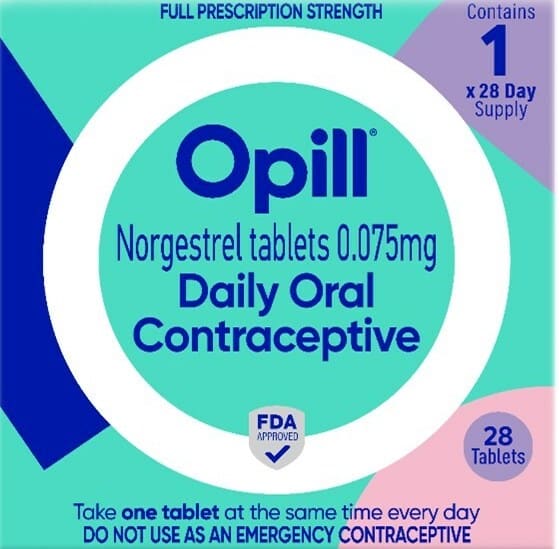The Food and Drug Administration approved “Opill,” the first over-the-counter birth control pill to be sold in the U.S.
Opill was first approved for use by prescription in the U.S. roughly 30 years ago. FDA officials had been weighing Opill’s non-prescription approval for months, including during a two-day meeting in May.
The FDA said it granted the approval to French drugmaker Laboratoire HRA Pharma, which was recently acquired by U.S. pharmaceutical Perrigo.
“Nearly 50 years of use and scientific evidence demonstrate that progestin-only pills such as Opill are effective at preventing pregnancy and are safe for most women to use,” Perrigo said in a press release.
Opill will be the most effective birth control available without prescription—more so than condoms, spermicides and other nonprescription methods, reproductive health experts told the New York Times.
The experts further note that Opill will be especially useful for young women, teenagers and any others who have financial or logistical hurdles involved in visiting a doctor to obtain a prescription.
Without citing a specific cost, Perrigo VP Frédérique Welgryn said Opill would be “accessible and affordable to women and people of all ages.”
According to the National Library of Medicine, nearly one-third of adult U.S. women who have ever tried to obtain a birth control prescription or refill reported difficulties doing so.
The Brookings Institution further notes that 45% of all U.S. pregnancies are unintended.
Last year, a KFF survey on women’s health found that 77% of females of reproductive age favored making birth control pills available over-the-counter without a prescription if research showed they are safe and effective.
“Opill is not for use as emergency contraception and does not prevent pregnancy after unprotected sex,” the FDA noted.
The federal agency further cautioned, “Oral contraceptives do not protect against transmission of HIV, AIDS and other sexually transmitted diseases such as chlamydia, genital herpes, genital warts, gonorrhea, hepatitis B and syphilis. Condoms should be used to prevent sexually transmitted diseases.”


